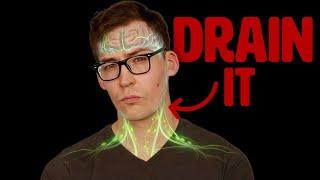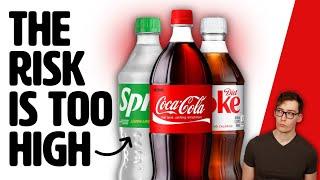
Vitamin D and Omega-3 linked to Slower Aging - New Trial!
Physionic
Feb 10, 2025
Mindsip insights from this episode:
Reevaluate exercise impact on epigenetic aging measures
Surprisingly, the exercise routine implemented in the study also had no effect on its own on the measures of epigenetic aging.
Prioritize omega-3s to slow aging process
Omega-3 consumption was the main driver for slowing the pace of aging, even making vitamin D and exercise appear effective when they were combined.
Maximize omega-3 benefits by starting with low baseline levels
The age-slowing benefit of omega-3s was only observed in participants who started with lower blood levels of omega-3s.
Evaluate diet for omega-3 levels before blood testing
You may not need a blood test to know if you'll benefit; if you don't eat fatty fish twice a week or already supplement, you likely have lower levels.
Implement one gram of omega-3s daily to slow aging
The study demonstrated a robust age-slowing effect using a simple intervention of one gram of Omega-3s per day.
Achieve modest biological age reduction with targeted interventions
The best-case scenario from the interventions resulted in a biological age that was about 3.8 months younger after three years of treatment.
Reevaluate vitamin D supplementation for epigenetic aging
In a recent study, vitamin D supplementation alone had no effect on slowing epigenetic aging across four different biological age tests.
More from
Physionic
Dr. Casey Means: Eat like THIS to reduce your Risk of Metabolic Disease!
Ketosis (Fasting/Ketogenic Diet) accelerates Cancer Growth - New Study
Drain your Brain, Protect it from Alzheimer’s Disease
Dr. Casey Means: Stop Ignoring Your Health — Do These 5 Free Tests!
Soda & Cancer Death: The Link Found in Multiple Large Studies
You also might be interested in
6 Simple Rules for a Long, Healthy Life w/ Dr. Ezekiel Emanuel
AMA #78: Longevity interventions, exercise, diagnostic screening, and managing high apoB, hypertension, metabolic health, and more
The Boring Secret Behind Celebrities Who Don’t Age
The Truth About What’s Failing in Longevity Science
Essentials: The Biology of Slowing & Reversing Aging | Dr. David Sinclair














